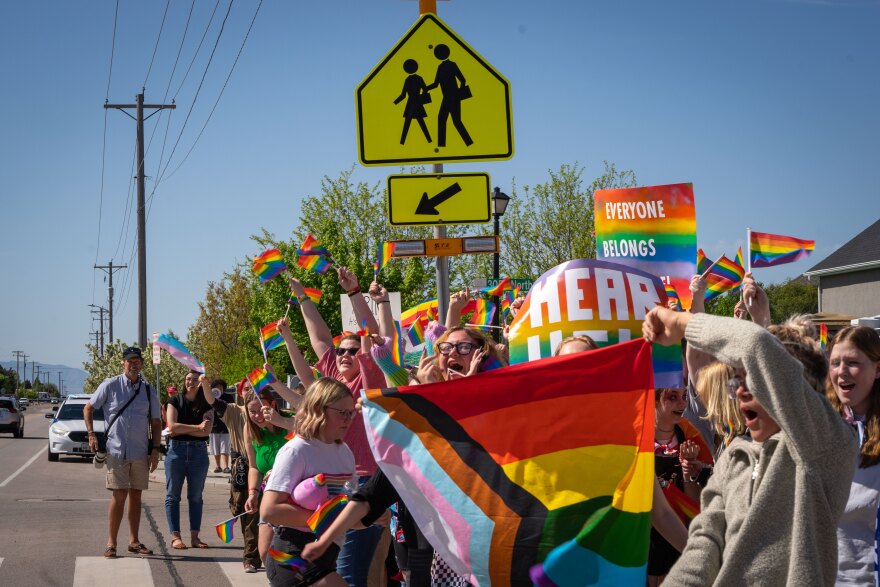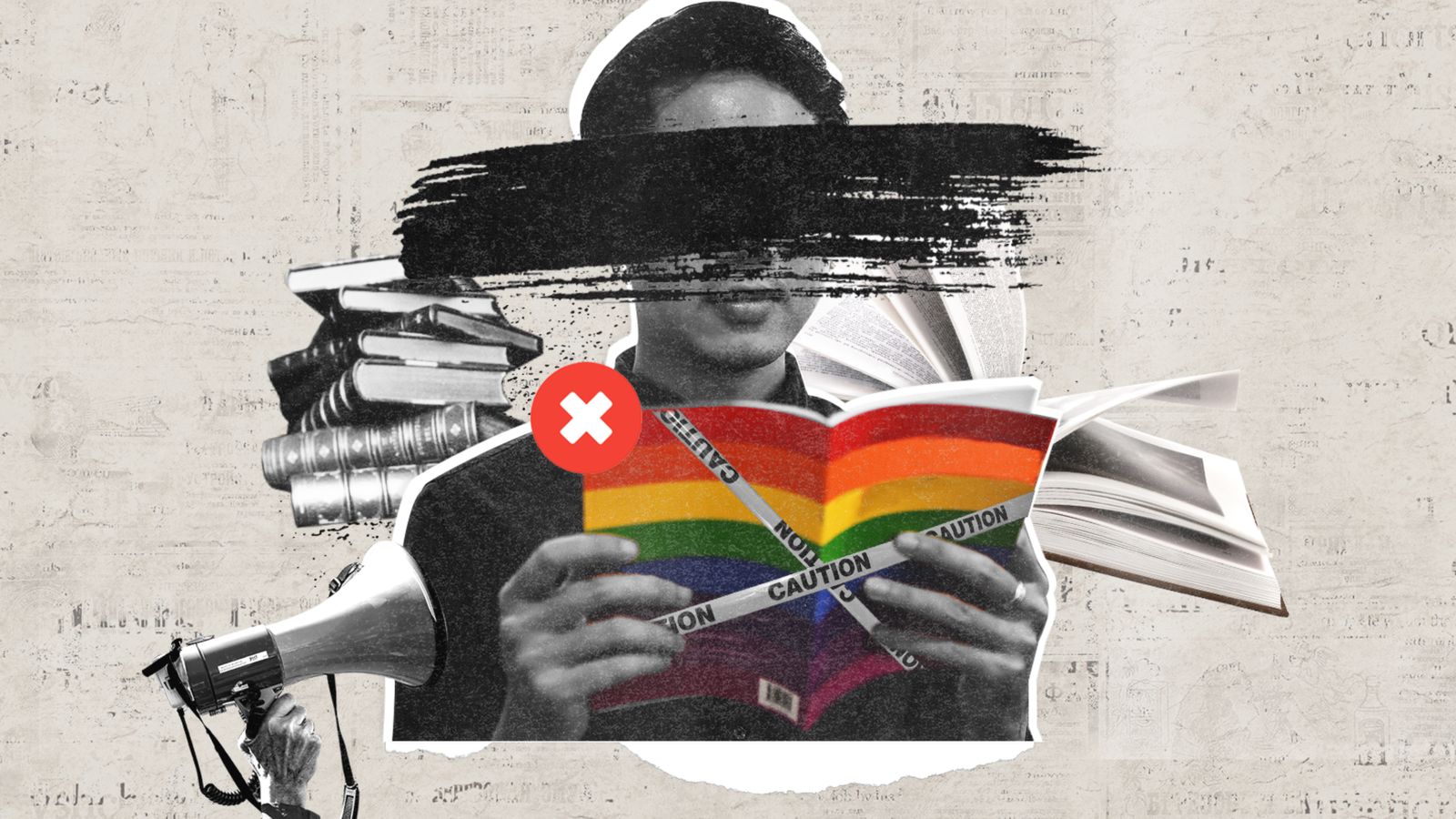This op-ed was written by Chase Merrill, an intern at Libertas Institute, and originally appeared in Daily Caller on October 23, 2023.
A culture war rages across America today, and few battles are fiercer than those waged in public schools.
Skyridge High School in Lehi, Utah, became a battleground earlier this year. In March, the Alpine School district ordered the principal of the school to remove all pride flags from campus after repeated parental complaints. LGBTQ+ students at the school, with their allies, fought back hard. Hundreds signed a petition to reverse the mandate. Meanwhile, students on both sides of the conflict protested for their respective points of view.
We often lament that our nation is divided, yet most of us still immerse our children in a hotbed of polarization by sending them to public school. In Utah, like the rest of the nation, we urgently need an innovative solution.
The Center on Education Policy states that a key purpose of public schools is “to unify a diverse population.” Public school students are supposed to learn to interact with people from different backgrounds. But in Skyridge and other public schools, we see diverse students — in this case, straight and LGBTQ+ students — who are battling it out rather than coexisting peacefully. It looks like the public schools are failing to bring about much unity.
This failure is not for lack of trying. During the conflict at Skyridge, the principal sent a letter to parents, emphasizing the school’s commitment to building a culture of respect, civility, and belonging. And Skyridge is by no means unique in this commitment. So why are culture wars still an ongoing issue in the public schools?
One big reason is that it’s impossible to separate education from core values. A holistic education involves some extremely sensitive subjects, from the origin of life, to the history of the nation, to the nature of gender and sexuality.
When values conflict, state-sponsored public schools force conflicting value systems to compete for victory rather than tolerate one another. Why? Because when all our children take classes from the same teachers, browse the same libraries, and walk the same halls for eight hours a day, we all want our cherished beliefs to be reflected in the messaging our kids receive. So, if my ideology conflicts with yours, who wins? Do I have the right to impose my values on you because my philosophy won a 51 percent majority in a school board election? Do I have the right to force rainbow flags or bibles out of your school because I can complain louder?
Parents and students who embrace ideologies that lose the battle face a deeply personal predicament. Many families, especially those from low-income neighborhoods, don’t have the resources to attend private schools that align with their values. Often, they can only attend their zoned public school, forcing them to receive an education where their deeply held values are at best ignored and at worst villainized.
The problem here is not that the two sides disagree. The problem is that state-sponsored schools, by their very nature, cannot be neutral in the conflict.
The solution? Eliminate the winner-loser situation by allowing parents to choose schools that support their values. Education choice laws, such as the Utah Fits All Scholarship, empower parents to find a school that matches their beliefs. Education choice allows parents and students to use their share of state education funding at schools and services that provide an education that aligns with their individual needs.
School choice laws certainly won’t resolve culture wars, but it will move battlegrounds away from schools. Let parents and students choose for themselves — and not for others — who teaches and what they will teach. Then, we can stop battling for victory and start extending olive branches from one ideological community to another.




